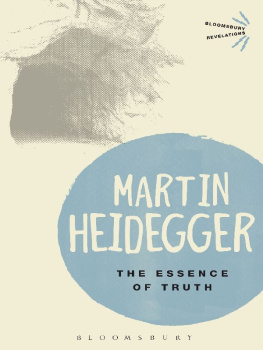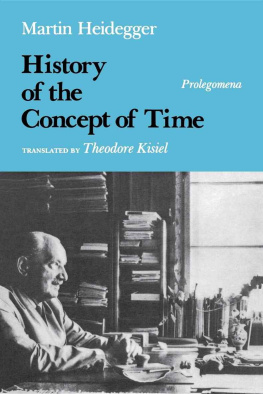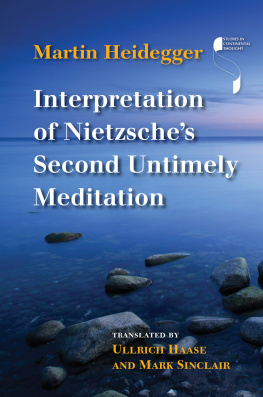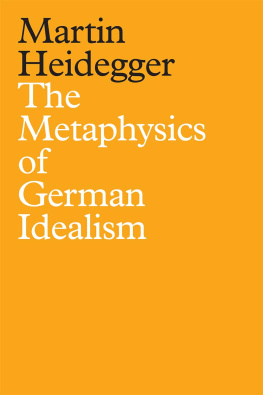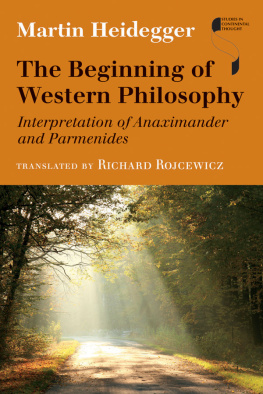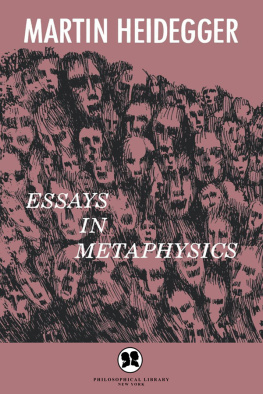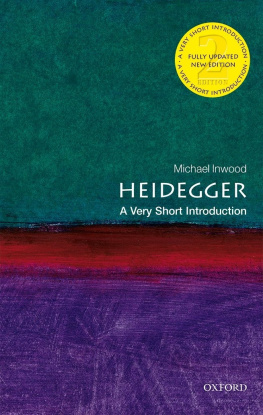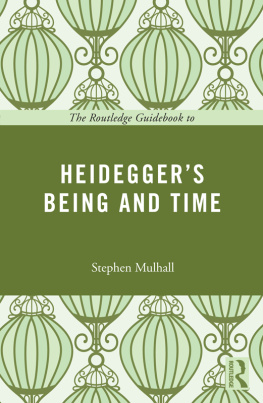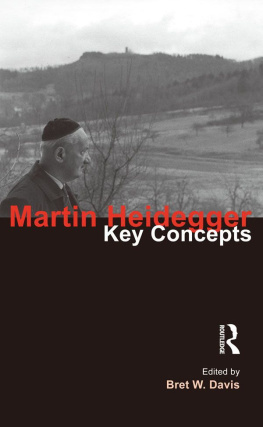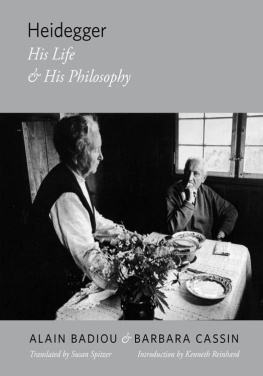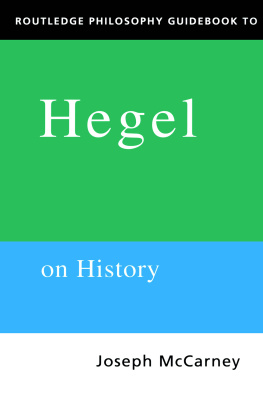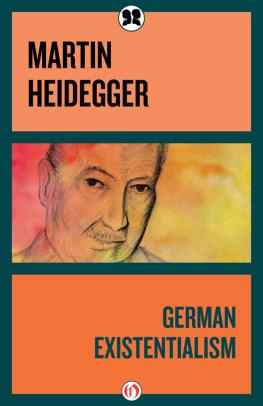TITLES IN THE BLOOMSBURY REVELATIONS SERIES
Aesthetic Theory, Theodor W. Adorno
Being and Event, Alain Badiou
On Religion, Karl Barth
The Language of Fashion, Roland Barthes
The Intelligence of Evil, Jean Baudrillard
I and Thou, Martin Buber
Never Give In!, Winston Churchill
The Boer War, Winston Churchill
The Second World War, Winston Churchill
In Defence of Politics, Bernard Crick
Intensive Science and Virtual Philosophy, Manuel DeLanda
A Thousand Plateaus, Gilles Deleuze and Flix Guattari
Anti-Oedipus, Gilles Deleuze and Flix Guattari
Cinema I, Gilles Deleuze
Cinema II, Gilles Deleuze
Taking Rights Seriously, Ronald Dworkin
Discourse on Free Will, Desiderius Erasmus and Martin Luther
Education for Critical Consciousness, Paulo Freire
Marxs Concept of Man, Erich Fromm and Karl Marx
To Have or To Be?, Erich Fromm
Truth and Method, Hans Georg Gadamer
All Men Are Brothers, Mohandas K. Gandhi
Violence and the Sacred, Rene Girard
The Essence of Truth, Martin Heidegger
The Eclipse of Reason, Max Horkheimer
The Language of the Third Reich, Victor Klemperer
Rhythmanalysis, Henri Lefebvre
After Virtue, Alasdair MacIntyre
Time for Revolution, Antonio Negri
Politics of Aesthetics, Jacques Ranciere
Course in General Linguistics, Ferdinand de Saussure
An Actor Prepares, Constantin Stanislavski
Building A Character, Constantin Stanislavski
Creating A Role, Constantin Stanislavski
Interrogating the Real, Slavoj iek
Some titles are not available in North America.
The Essence
of Truth
On Platos Cave Allegory and Theaetetus
Martin Heidegger
Translated by Ted Sadler

Bloomsbury Academic
An imprint of Bloomsbury Publishing Plc
50 Bedford Square London WC1B 3DP UK
1385 Broadway New York NY 10018 USA
www.bloomsbury.com
Bloomsbury is a registered trade mark of Bloomsbury Publishing Plc
Originally published as Vom Wesen der Wahrheit Vittorio Klosterman GmbH, Frankfurt am Main, 1988
Die Herausgabe dieses Wekes wurde aus Mitteln von INTER NATIONES, Bonn gefrdert
English translation first published by Continuum in 2002
Continuum 2002
This paperback edition first published in 2013 by Bloomsbury Academic
All rights reserved. No part of this publication may be reproduced or transmitted in any form or by any means, electronic or mechanical, including photocopying, recording, or any information storage or retrieval system, without prior permission in writing from the publishers.
No responsibility for loss caused to any individual or organization acting on or refraining from action as a result of the material in this publication can be accepted by Bloomsbury Academic or the author.
British Library Cataloguing-in-Publication Data
A catalogue record for this book is available from the British Library.
eISBN: 978-1-4725-3374-6
Library of Congress Cataloging-in-Publication Data
A catalog record for this book is available from the Library of Congress.
Contents
This book is a translation of Vom Wesen der Wahrheit: zu Platons Hhleng-leichnis und Thetet, first published in 1988 as volume 34 of Martin Heideggers Gesamtausgabe. The text is based on a lecture course delivered by Heidegger at the University of Freiburg in the winter semester 193132. Part One of the course provides a detailed analysis of Platos allegory of the cave in the Republic, while Part Two gives a similarly painstaking exegesis and interpretation of a central section of Platos Theaetetus. As always with Heideggers writings on the Greeks, the point of his interpretative method is to bring to light the original meaning of philosophical concepts, especially to free up these concepts, which in the subsequent tradition have become overlaid by secondary and even quite different meanings, to their intrinsic power. In this regard the present text must count as one of Heideggers most important works, for nowhere else does he give a comparably thorough explanation of what is arguably the most fundamental and abiding theme of his entire philosophy, namely the difference between truth as the unhiddenness of beings and truth as the correctness of propositions. For Heidegger, it is by neglecting the former primordial concept of truth in favour of the latter derivative concept that Western philosophy, beginning already with Plato, took off on its metaphysical course towards the bankruptcy of the present day. In the lectures here translated, Heidegger is not concerned to demonstrate this larger thesis as such, but to clarify the aforesaid distinction upon which it is founded. This he does through his characteristic combination of philological acumen and philosophical incisiveness, or, more precisely, by employing philological expertise in the service of philosophical insight.
Heidegger himself often emphasizes that the results or constituent theses of a philosophical discourse cannot be separated from its method, indeed that the latter, as precisely what makes a genuine showing possible, is ultimately more important than theoretical conclusions. This applies to Platos dialogues or the closely argued treatises of Aristotle as much as to the present lecture course by Heidegger. In the following pages the reader will encounter the art of going slowly brought to the highest consummation, always for the purpose of thoroughly comprehending the matter at hand. Indeed it is Heideggers conviction that philosophy, genuinely undertaken and carried through, subverts the impatient hunger for results so characteristic of the modern age. The hunger for truth, on the other hand, which is how Heidegger understands the Platonic eros, eschews nothing so much as the half-digested theories of the academic tradesman, or journalist, who is always intent on situating ideas within a framework of received opinion. Thus, by persevering in the present text, the reader will discover not just Heideggers ideas but a method for philosophizing in general.
Information on the origin of the German text as printed in the Gesamtausgabe can be found in Hermann Mrchens Afterword to the original edition (pp. 23841 of this volume). Here it is necessary only to underline the fact that Heidegger did not himself originally intend, let alone prepare, this lecture course for publication. The German text does not have the smoothness of a polished work, but contains many irregularities such as are to be expected from manuscripts prepared for teaching, and from transcripts of lectures. In my translation I have tried to remain faithful to this unfinished character of the German text, at the same time giving due attention to readability.
The longer Greek quotations from Plato are translated by Heidegger immediately afterwards in the text, and I have translated his translations, only occasionally making concessions for the sake of fluent reading. I have throughout consulted standard English translations of Plato. The many shorter quotations of Greek words and phrases are also either translated or paraphrased by Heidegger in the adjacent portion of text and should present no problem for the reader; the Greek-English glossary at the end of the volume may help with the central and most frequently recurring Greek words. As for Heideggers German, which includes many complex and unusual constructions, I have sometimes placed the original in square brackets immediately after my translation. In general, however, I have restricted this practice to philosophically operative expressions, and to words whose etymological interrelations Heidegger is seeking to highlight. An English-German glossary has also been provided, which, while not an infallible guide (given necessary variations in rendering the same German word), should answer most queries as to what word of Heidegger is being translated at any particular point.
Next page
